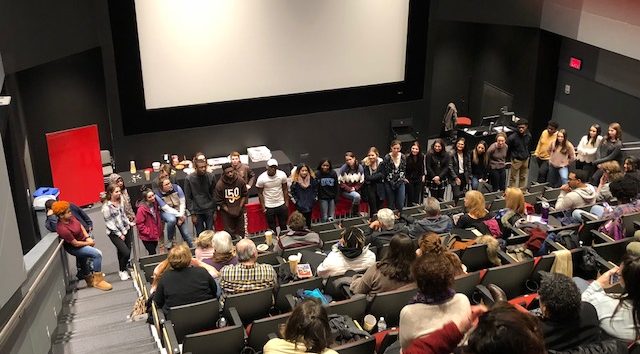Who: For this interview, I will be interviewing my mother.
What: In the midst of the humanitarian crisis currently undergoing in Puerto Rico, the resilience of Puerto Rican citizens who have migrated to the U.S has been outstanding. People such as my mother are consistently in contact with organizations to provide basic human necessities to the people of Puerto Rico; a selfless act that most Americans are failing to consider. It seems as though America does not see Puerto Rican citizens as important as Americans on the mainland which has already caused political discourse between the two spaces.
My mom has been leading an organization in providing care packages to the people of Puerto Rico and has been doing so since the hurricane hit the island. She has been traveling all around Pennsylvania collecting from institutions, businesses, organizations, and even neighbors trying to send as many care packages as she possibly can. This act is not meant to result in a reward, but is an act in which she believes is necessary as a Puerto Rican living in America. As she has recognized the privileges of living here, she uses it to her advantage to assist those in desperate need.
Some questions I plan on asking will be:
-Is taking on this responsibility a result of the lack of awareness and assistance from the U.S?
-Should the Jones Act be permanently lifted so other countries can assist Puerto Rico?
-What is the responsibility of Puerto Ricans living in the U.S?
-What are the items included in the care packages and why?
-Who and where will these packages be sent to?
-Why take on this task all by yourself?
